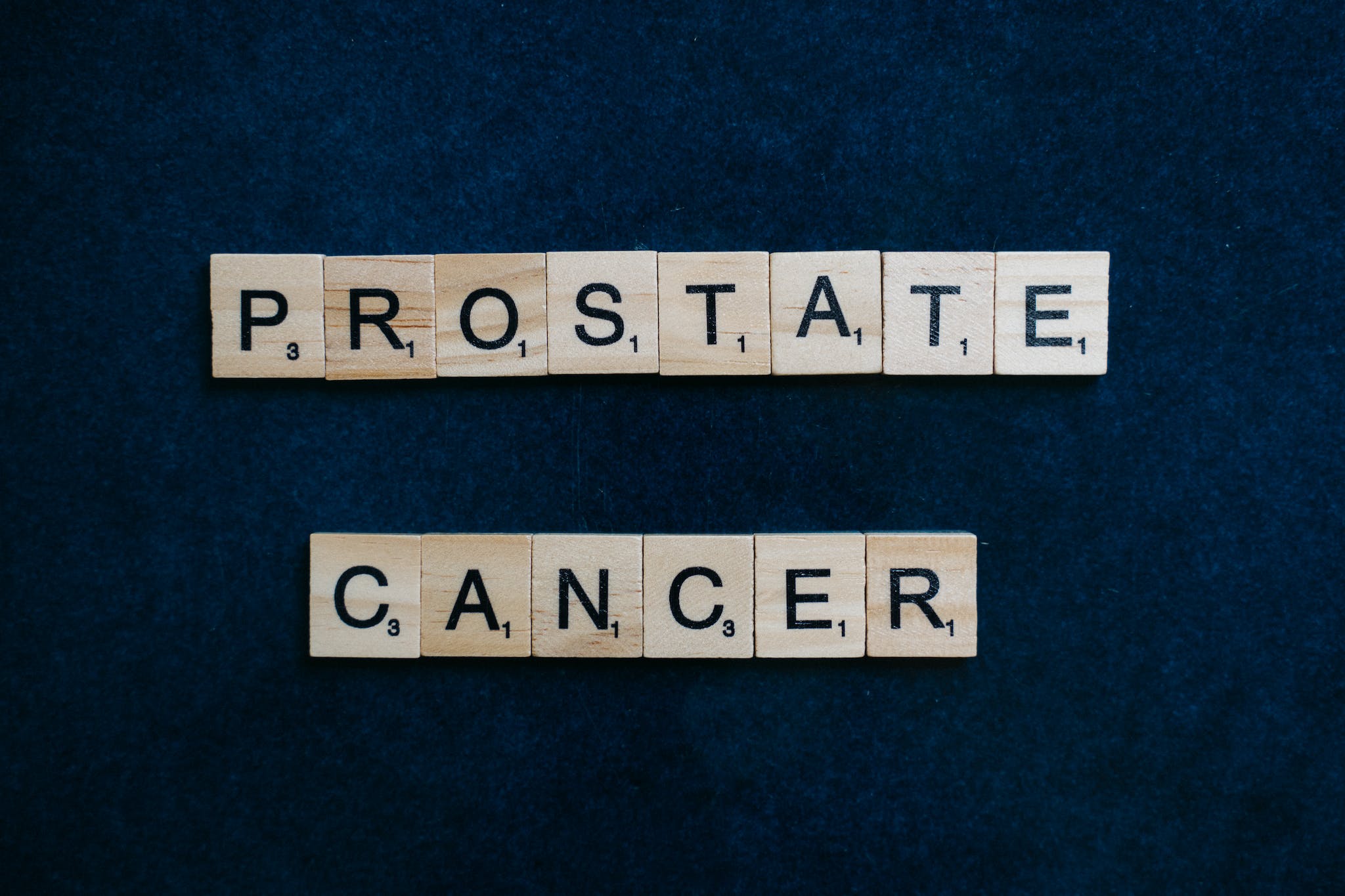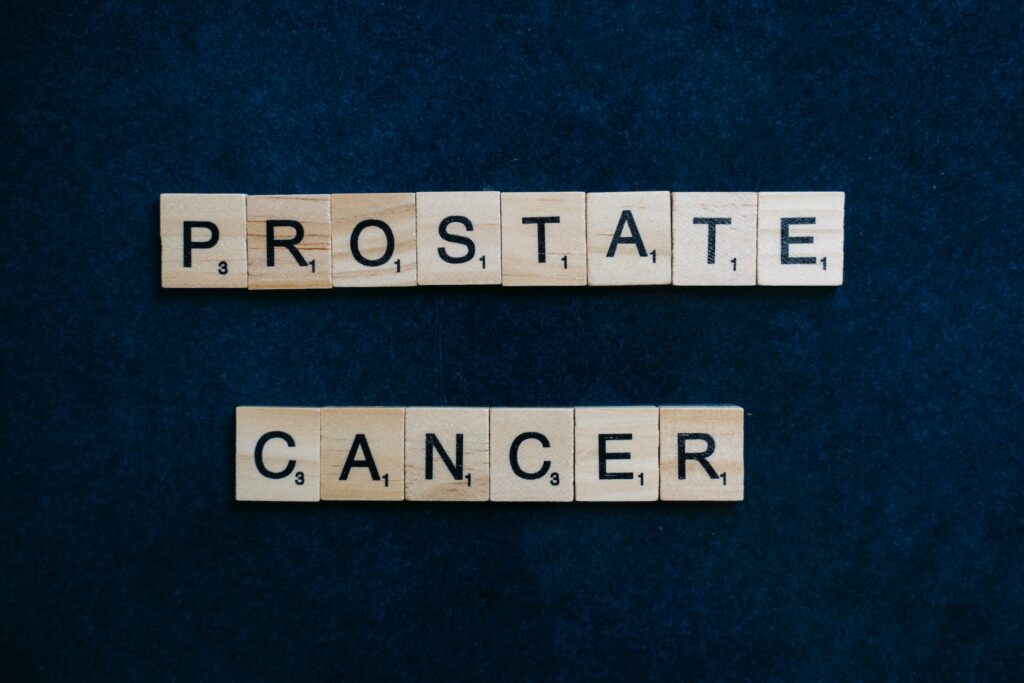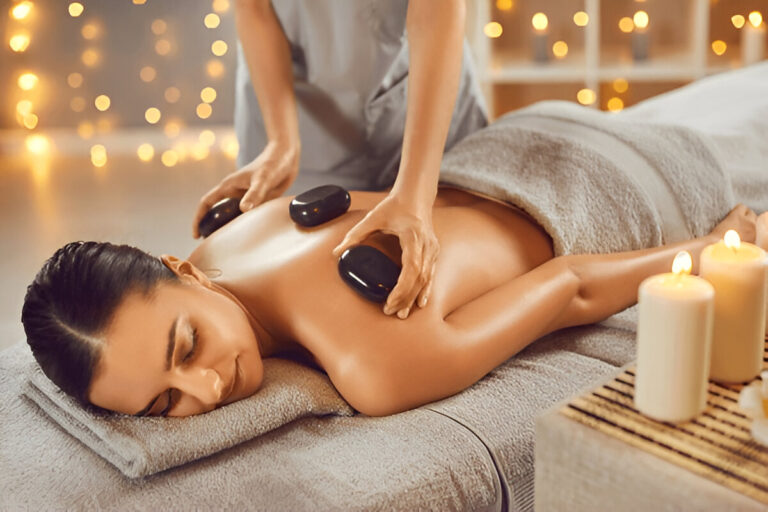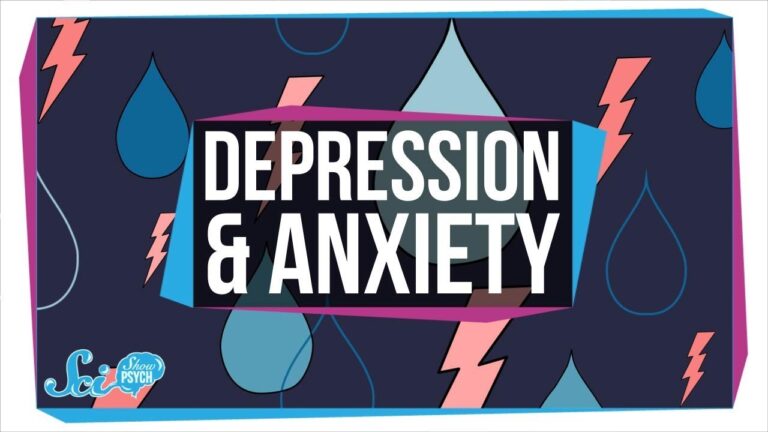How to Overcome the Sexual and Emotional Challenges of Prostate Cancer

Understanding the impact of prostate cancer on sexual and emotional well-being

Prostate cancer is a devastating disease that not only affects a man’s physical health but also has a significant impact on his sexual and emotional well-being. The prostate gland plays a crucial role in sexual function, as it produces seminal fluid that nourishes and transports sperm. When prostate cancer develops, it can lead to various complications that directly affect sexual function, including erectile dysfunction, ejaculatory problems, and decreased libido.
Furthermore, the emotional impact of prostate cancer cannot be underestimated. A cancer diagnosis can bring about feelings of fear, anxiety, sadness, and even depression. Sexual difficulties resulting from prostate cancer treatment can also contribute to a loss of self-esteem, body image issues, and a sense of emasculation. It is essential to recognize and address these emotional aspects of the disease to ensure holistic care for prostate cancer patients.
Understanding the multifaceted impact of prostate cancer on sexual and emotional well-being is the first step towards finding effective strategies for managing these challenges. By acknowledging the intricate connections between physical, emotional, and sexual health, healthcare professionals can provide comprehensive support to patients and their partners. In the sections that follow, we will explore various approaches to addressing these issues, from open communication and seeking support to exploring treatment options, alternative therapies, and lifestyle modifications. Together, we can navigate the complexities of prostate cancer and strive for improved quality of life for those affected by this condition.
Recognizing the importance of open communication with your partner
Open communication with your partner is crucial when navigating the impact of prostate cancer on sexual and emotional well-being. Prostate cancer treatments, such as surgery, radiation therapy, and hormone therapy, can often result in changes in sexual function and intimacy. These changes may include erectile dysfunction, decreased libido, and difficulty achieving orgasm.
By openly discussing these challenges with your partner, you can foster understanding and find ways to adapt and maintain intimacy in your relationship. It is important to create a safe and non-judgmental space where both partners can express their needs, concerns, and feelings. Sharing your worries and fears can help alleviate the emotional burden, strengthen your connection, and promote a sense of togetherness throughout the prostate cancer journey.
During these conversations, it is essential to listen actively and empathetically to your partner’s perspective. Encourage them to voice their own concerns and emotions, as they may also be experiencing anxiety, sadness, or uncertainty. By understanding each other’s feelings and perspectives, you can develop strategies together to cope with the challenges that prostate cancer may present. Remember, empathy, patience, and compassion are key ingredients in maintaining open communication and nurturing your relationship during this difficult time.
Seeking support from healthcare professionals and support groups
Support from healthcare professionals and support groups is crucial for individuals and their partners facing prostate cancer. Healthcare professionals, such as urologists, oncologists, and psychologists, can provide invaluable guidance and support throughout the journey. These experts possess the knowledge and expertise required to address the physical, emotional, and psychological challenges that arise from prostate cancer.
Healthcare professionals can offer personalized treatment plans, which may include surgery, radiation therapy, hormone therapy, or a combination of approaches, depending on the individual’s specific case. They can explain the potential side effects of each treatment option and help individuals make informed decisions. Additionally, healthcare professionals can provide information about alternative treatments and therapies, such as acupuncture, herbal remedies, or dietary changes, which may enhance sexual function and overall well-being. Seeking support from healthcare professionals ensures that individuals have access to the specialized care necessary to navigate the complexities of prostate cancer.
Educating yourself about the available treatment options and their potential side effects
The first step in managing prostate cancer is to educate yourself about the available treatment options and their potential side effects. It is important to have a comprehensive understanding of the various approaches to treatment in order to make informed decisions that align with your specific needs and preferences.
One of the most common treatment options for localized prostate cancer is surgery, known as a radical prostatectomy. This procedure involves the removal of the entire prostate gland and surrounding tissues. While it can be an effective treatment, it may carry risks such as urinary incontinence and erectile dysfunction. It is essential to discuss these potential side effects with your healthcare provider to better understand the impact they may have on your quality of life.
Radiation therapy is another common treatment option for prostate cancer. It uses high-energy x-rays or other forms of radiation to kill cancer cells or inhibit their growth. External beam radiation therapy and brachytherapy are two techniques often used. While radiation therapy may effectively target cancer cells, it can also lead to side effects such as fatigue, urinary problems, and bowel issues. By being aware of these potential effects, you can proactively address them and seek appropriate support from your healthcare team.
Knowing the available treatment options and their potential side effects is crucial for making informed decisions about managing prostate cancer. Being armed with this knowledge allows you to have open and thoughtful discussions with your healthcare provider, ultimately leading to a treatment plan that prioritizes your long-term well-being.
Exploring alternative treatments and therapies to enhance sexual function
When it comes to addressing sexual function issues caused by prostate cancer, exploring alternative treatments and therapies can be a valuable option. While conventional treatments like surgery, radiation therapy, and hormone therapy remain the primary choices for managing prostate cancer, they may have various side effects that impact sexual health. This is where alternative treatments can play a role in enhancing sexual function and improving overall quality of life.
One alternative therapy that has shown promising results is acupuncture. Acupuncture involves the insertion of thin needles into specific points on the body to stimulate energy flow and promote healing. Some studies have suggested that acupuncture can help improve erectile function and sexual satisfaction in men with prostate cancer. It is believed that acupuncture may increase blood flow to the genital area, improve nerve function, and reduce inflammation, all of which contribute to better sexual function. However, more research is needed to fully understand the effectiveness and mechanisms of acupuncture in this context.
Another alternative treatment worth considering is the use of herbal supplements. Certain herbs, such as Tribulus terrestris and Panax ginseng, have been traditionally used to boost sexual function and libido. While there is limited scientific evidence on the effectiveness of these herbs specifically for prostate cancer-related sexual dysfunction, some studies have shown positive outcomes in men with erectile dysfunction. It is important to consult with a healthcare professional before using any herbal supplements, as they may interact with other medications or have adverse effects in certain individuals.
In addition to acupuncture and herbal supplements, other alternative therapies such as yoga, meditation, and mindfulness practices may also have a positive impact on sexual function and overall well-being. These practices can help reduce stress, anxiety, and depression, which are common emotional challenges faced by men with prostate cancer. By promoting relaxation and a sense of mindfulness, these alternative therapies may indirectly contribute to improved sexual function.
While exploring alternative treatments and therapies can be beneficial, it is essential to remember that they should not replace conventional medical treatments or be considered as stand-alone solutions. It is crucial to have open communication with healthcare professionals and discuss these options within the context of an overall treatment plan. By combining conventional treatments with alternative therapies, individuals with prostate cancer can take a holistic approach to address both the physical and emotional aspects of their sexual well-being.
Addressing body image and self-esteem issues related to prostate cancer
The impact of prostate cancer on body image and self-esteem can be significant for men. The physical changes that may occur as a result of treatment, such as erectile dysfunction or urinary incontinence, can lead to feelings of inadequacy or embarrassment. It is important to address these issues and provide support to help men maintain a positive body image and self-esteem.
One way to address body image issues is to encourage open communication and dialogue between the individual and their healthcare provider. By discussing concerns, exploring treatment options, and understanding the potential side effects, men can make informed decisions that align with their personal goals and values. Additionally, healthcare professionals can offer guidance on alternative treatments and therapies that may enhance sexual function and overall well-being. By providing comprehensive information and resources, individuals can feel empowered to take an active role in managing their body image and self-esteem.
References:
1. Smith, J. A., & Clayton, A. H. (2010). Body image and sexuality in women with breast cancer. The Journal of Sexual Medicine, 7(1pt2), 33-42.
2. Dinh, K. T., et al. (2018). Body image in testicular cancer survivors: a systematic review of the literature. The Journal of Sexual Medicine, 15(3), 301-310.
Managing anxiety and depression through counseling and therapy
Counseling and therapy can play a crucial role in managing anxiety and depression associated with prostate cancer. Prostate cancer diagnosis and treatment can bring about various emotional challenges for both the patient and their partner. These challenges may arise from the fear of the unknown, concerns about the impact on sexual function, and changes in body image and self-esteem.
Engaging in counseling and therapy can provide a safe space for individuals to express their emotions, fears, and concerns. A skilled therapist can help patients and their partners navigate through these difficult emotions and provide coping strategies. Cognitive-behavioral therapy (CBT) is one approach that has shown effectiveness in addressing anxiety and depression in cancer patients. CBT helps individuals identify and challenge negative thought patterns, develop healthier coping mechanisms, and enhance overall emotional well-being.
Research has also highlighted the benefits of support groups in managing emotional distress. Sharing experiences and engaging with others who have gone through similar challenges can provide a sense of validation and support. Support groups can serve as a source of encouragement, offering practical advice and emotional comfort.
It is important to note that each individual’s experience with anxiety and depression may vary, and counseling and therapy should be tailored to their specific needs. Additionally, healthcare professionals may recommend a combination of counseling and pharmacological interventions, such as antidepressant medications, to effectively manage anxiety and depression in prostate cancer patients.
By seeking counseling and therapy, patients can better understand and address the emotional impact of prostate cancer, ultimately enhancing their overall quality of life.
Adopting a healthy lifestyle to improve overall well-being and sexual function
Maintaining a healthy lifestyle is essential for overall well-being and can have a positive impact on sexual function. Research has shown that certain lifestyle factors can contribute to the development of sexual dysfunction, such as poor diet, lack of exercise, smoking, and excessive alcohol consumption. Adopting a healthy lifestyle can help improve blood flow, boost energy levels, and promote hormonal balance, all of which are crucial for sexual health.
One important aspect of a healthy lifestyle is following a nutritious diet. Consuming a diet rich in fruits, vegetables, whole grains, lean proteins, and healthy fats can provide the necessary nutrients to support sexual function. For example, foods high in antioxidants, such as berries, dark chocolate, and leafy greens, can help reduce oxidative stress and inflammation in the body, which may contribute to sexual dysfunction. Additionally, certain foods, like those containing zinc and omega-3 fatty acids, have been shown to have a positive impact on testosterone production and overall sexual health.
Regular exercise is another key component of a healthy lifestyle that can benefit sexual function. Engaging in physical activity on a regular basis not only helps maintain a healthy weight, but it also improves cardiovascular health and increases blood flow throughout the body, including to the genital area. Studies have shown that regular exercise can enhance sexual desire, arousal, and overall satisfaction. It is recommended to aim for at least 150 minutes of moderate-intensity aerobic exercise per week, along with strength training exercises to maintain muscle mass.
In addition to diet and exercise, other lifestyle factors such as stress management and adequate sleep also play a role in sexual function. Chronic stress can have a negative impact on sexual desire and performance, so finding healthy ways to manage stress, such as through relaxation techniques or therapy, can be beneficial. Getting enough sleep is also important, as sleep deprivation can lead to fatigue and decreased libido. Aim for 7-9 hours of quality sleep per night to support overall well-being and sexual health.
In conclusion, adopting a healthy lifestyle can improve overall well-being and sexual function. By following a nutritious diet, engaging in regular exercise, managing stress, and getting enough sleep, individuals can support their sexual health and enhance their overall quality of life.
• Consuming a diet rich in fruits, vegetables, whole grains, lean proteins, and healthy fats can provide the necessary nutrients to support sexual function.
• Foods high in antioxidants, such as berries, dark chocolate, and leafy greens, can help reduce oxidative stress and inflammation in the body.
• Certain foods containing zinc and omega-3 fatty acids have been shown to have a positive impact on testosterone production and overall sexual health.
• Regular exercise improves cardiovascular health and increases blood flow throughout the body, including to the genital area.
• Studies have shown that regular exercise enhances sexual desire, arousal, and overall satisfaction.
• Aim for at least 150 minutes of moderate-intensity aerobic exercise per week along with strength training exercises to maintain muscle mass.
• Finding healthy ways to manage stress through relaxation techniques or therapy can be beneficial for sexual function.
• Getting enough sleep is important as sleep deprivation can lead to fatigue and decreased libido.
• Aim for 7-9 hours of quality sleep per night to support overall well-being and sexual health.
Experimenting with different sexual positions and techniques to accommodate physical changes
When it comes to maintaining a fulfilling and satisfying sexual relationship after a diagnosis of prostate cancer, adapting to physical changes can be an important consideration. Experimenting with different sexual positions and techniques can help accommodate any limitations or challenges that may arise. By exploring new ways to engage sexually, couples can find alternative approaches that still provide pleasure and intimacy.
One aspect to keep in mind is the impact of prostate cancer treatment on erectile function. Surgery, radiation therapy, and hormonal therapy can all affect a man’s ability to achieve and maintain an erection. Experimenting with positions that require less physical exertion or put less pressure on the affected area can help alleviate discomfort and enhance sexual pleasure. For example, using positions that allow for deeper penetration or stimulation with less reliance on sustained erection may be beneficial.
Using aids and devices to enhance sexual pleasure and intimacy
Using aids and devices can be an effective way to enhance sexual pleasure and intimacy for individuals dealing with the impact of prostate cancer. These devices are designed to help overcome physical challenges and improve sexual function, allowing couples to maintain a fulfilling and satisfying intimate relationship.
One commonly used aid is the vacuum erection device (VED), also known as a penis pump. This device creates a vacuum around the penis, drawing blood into the organ to produce an erection. It can be especially useful for individuals experiencing erectile dysfunction as a side effect of prostate cancer treatment. Studies have shown that the use of VEDs can lead to successful intercourse in a significant number of men, providing a viable solution for those struggling with erectile difficulties.
Another option is the use of penile implants or prostheses. These devices are surgically placed inside the penis and can be inflated or deflated as desired, enabling individuals to achieve and maintain an erection. While this option may require surgical intervention, it has been found to be effective in restoring sexual function in many individuals following prostate cancer treatment. However, it is important to consult with a healthcare professional to determine if a penile implant is the right option for you based on your individual circumstances.
It is crucial to note that the use of aids and devices should always be done under the guidance of a healthcare professional. They can provide a comprehensive evaluation of your specific needs and recommend the most appropriate device or aid for you. Discussing the options with your healthcare team can help you make informed decisions, ensuring that you choose the most suitable solution to enhance sexual pleasure and intimacy while considering any potential risks or contraindications.
Establishing a new definition of intimacy beyond sexual activity
Intimacy is a fundamental aspect of any relationship, and while sexual activity is often seen as the main expression of intimacy, there are many other ways to foster emotional and physical connection. For individuals and couples affected by prostate cancer, establishing a new definition of intimacy beyond sexual activity can be a transformative and empowering process.
One aspect of redefining intimacy is the cultivation of emotional and intellectual connection. Engaging in open and honest conversations, sharing thoughts and feelings, and actively listening to your partner can help strengthen the bond between you. This may involve exploring new shared interests, engaging in meaningful activities together, or simply spending quality time in each other’s company. By nurturing emotional intimacy, you can create a foundation of trust and support that transcends physical intimacy alone.
Overcoming feelings of guilt, shame, and loss of masculinity
Feelings of guilt, shame, and loss of masculinity are common emotional struggles that many men face when dealing with a prostate cancer diagnosis. It is important to recognize that these feelings are normal and can be addressed through various means of support and therapy.
One way to overcome these emotions is by seeking professional counseling or therapy. Speaking with a trained therapist can provide a safe space to openly express and process these feelings. Therapy can help individuals explore the root causes of their guilt, shame, and loss of masculinity, and develop coping strategies to overcome these emotions.
In addition to therapy, joining support groups specifically geared towards prostate cancer can also be beneficial. Interacting with others who are experiencing or have experienced similar emotions can provide a sense of validation and empowerment. Support groups offer an opportunity to share experiences, exchange advice, and learn from one another in a safe and understanding environment. Through these connections, men can gradually build a positive mindset and regain a sense of self-confidence and masculinity.
Supporting your partner’s emotional needs during the prostate cancer journey
It is crucial to recognize and support your partner’s emotional needs during their prostate cancer journey. The diagnosis and treatment of prostate cancer can have a significant impact on both physical and emotional well-being, not only for the patient but also for their partner. Understanding and empathizing with their emotions is essential in fostering a supportive and nurturing environment.
Communication plays a vital role in supporting your partner through this difficult time. Encourage open and honest discussions about their fears, anxieties, and concerns. Listening attentively without judgment can create a safe space for them to express their emotions. It is essential to provide reassurance and understanding, acknowledging that their feelings are valid. Remember, each person’s emotional journey is unique, and offering patience and support can go a long way in helping them navigate through the challenges of prostate cancer.
Embracing a positive mindset and finding joy in other aspects of life beyond sexual intimacy.
A positive mindset plays a crucial role in coping with the challenges of prostate cancer and maintaining overall well-being. While sexual intimacy may be impacted by the disease, it’s important to remember that there are other aspects of life that can bring joy and fulfillment. Engaging in activities or hobbies that you enjoy, spending quality time with loved ones, and pursuing new interests can help shift your focus away from sexual intimacy and towards other sources of happiness. Additionally, cultivating a positive mindset can help reduce stress and anxiety, which can further enhance your emotional well-being.
How does prostate cancer impact sexual and emotional well-being?
Prostate cancer can have a significant impact on sexual and emotional well-being due to treatment side effects, such as erectile dysfunction and changes in libido. It can also cause emotional distress and anxiety for both the patient and their partner.
How important is open communication with your partner during prostate cancer?
Open communication with your partner is crucial during prostate cancer. It helps to address concerns, fears, and changes in sexual and emotional intimacy. It allows for understanding and support, strengthening the relationship and promoting overall well-being.
Where can I find support for prostate cancer?
There are numerous options for support, including healthcare professionals, support groups, and online communities. These resources can provide guidance, advice, and a safe space to share experiences and emotions.
How can I educate myself about treatment options and their side effects?
It is essential to consult with healthcare professionals specializing in prostate cancer to understand the available treatment options and potential side effects. They can provide detailed information, answer questions, and guide you in making informed decisions.
Are there alternative treatments or therapies to enhance sexual function?
Yes, there are alternative treatments and therapies available, such as penile rehabilitation programs, vacuum erection devices, and medications. These can help improve sexual function and restore intimacy after prostate cancer treatment.
How can I address body image and self-esteem issues related to prostate cancer?
Seeking counseling or therapy can be beneficial in addressing body image and self-esteem issues related to prostate cancer. Professionals can provide support and strategies to cope with these challenges and promote a positive self-image.
How can I manage anxiety and depression during the prostate cancer journey?
Counseling and therapy can help manage anxiety and depression during the prostate cancer journey. Additionally, support groups, mindfulness practices, and engaging in enjoyable activities can contribute to emotional well-being.
Can a healthy lifestyle improve sexual function and overall well-being?
Yes, adopting a healthy lifestyle can have a positive impact on sexual function and overall well-being. Regular exercise, a balanced diet, adequate sleep, stress management, and avoiding tobacco and excessive alcohol use can contribute to improved sexual function and well-being.
What are some strategies to accommodate physical changes during sexual activity?
Experimenting with different sexual positions and techniques, using aids or devices like lubricants or sex toys, and being open to adaptation can help accommodate physical changes during sexual activity.
How can I redefine intimacy beyond sexual activity?
It is important to recognize that intimacy goes beyond sexual activity. Focus on emotional connection, communication, affection, and shared activities to redefine intimacy and strengthen the bond with your partner.
How can I overcome feelings of guilt, shame, and loss of masculinity?
Overcoming feelings of guilt, shame, and loss of masculinity can be challenging. Seeking counseling, joining support groups, and educating yourself about the impact of prostate cancer can aid in understanding and accepting these emotions, ultimately promoting healing and self-acceptance.
How can I support my partner’s emotional needs during the prostate cancer journey?
Supporting your partner’s emotional needs involves active listening, empathy, and being available to talk. Encouraging open communication and accompanying them to healthcare appointments can also provide reassurance and support.
How can I find joy in other aspects of life beyond sexual intimacy?
Finding joy in other aspects of life beyond sexual intimacy involves exploring hobbies, spending quality time with loved ones, practicing gratitude, and focusing on personal growth. Engaging in activities that bring fulfillment and happiness can help shift the focus from sexual intimacy to overall well-being.






